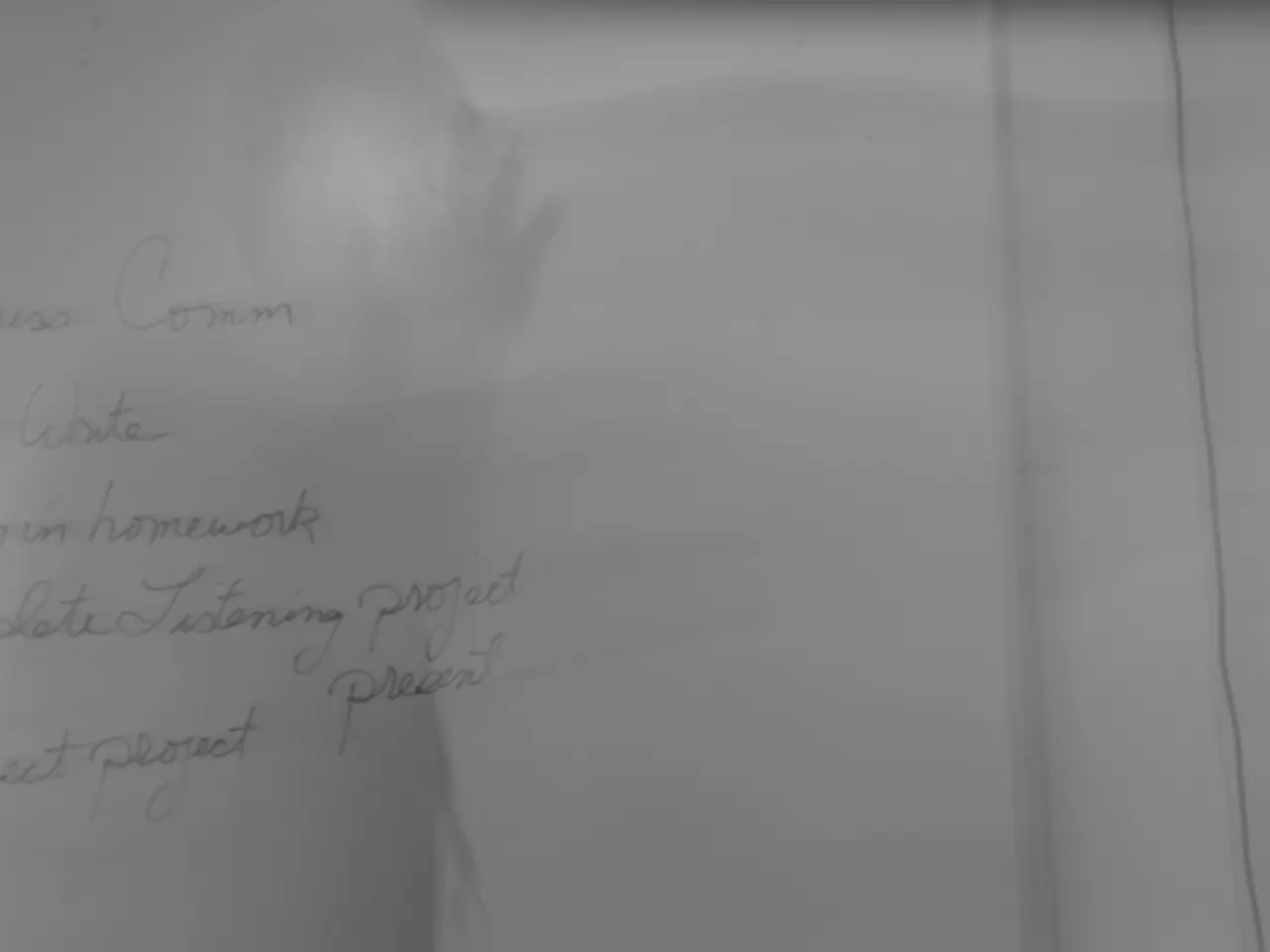Minimum wage for tourism workers in L.A. raised to $30, leading to contentious ballot initiatives
Clash of Ballot Measures in Los Angeles: Labor and Business at Odds
In the heart of California, Los Angeles is witnessing a significant political battle between labor unions and business groups. The stakes are high, with both sides proposing ballot measures that could have far-reaching impacts on the city's economy, labor market, and public finances.
Minimum Wage Proposals: A Battle for Workers' Rights and Economic Stability
At the forefront of the conflict is the minimum wage. UNITE HERE Local 11, a labor union, is pushing for a citywide minimum wage increase, initially to $25 per hour and escalating to $30 per hour by July 1, 2028. The union aims to target hotel and airport workers, reflecting the upcoming 2028 Olympic Games timeline. The union argues that higher wages are necessary for hard-working families [1][5].
However, this proposal has faced opposition from business groups, who warn of potential economic damage. They argue that the wage hike could complicate infrastructure projects and trigger broader citywide ballot elections, affecting not just tourism or hospitality workers but also those involved in construction and building operations [2][5].
The hotel industry, in particular, has expressed concern. With 11,000 hotel jobs lost in 2024, there is fear that the new $30 minimum wage could put further pressure on employment in hotels with 60 or more rooms and large airport concessionaires [4].
The Business Tax: A Revenue Source at Stake
On the other side of the debate, business groups have launched ballot measures aimed at repealing the city’s gross receipts tax (business tax), which currently raises about $800 million. This move could significantly cut city revenues for policing and essential services if passed [3][5].
City officials strongly oppose the business tax repeal, emphasizing it would "gut funding" for vital city services, further intensifying the conflict between labor and business stakeholders [5].
A Battle with Far-Reaching Consequences
Experts view this political battle as a rare direct contest between business and labor at the ballot box. The outcome could reshape Los Angeles’ labor policies and fiscal landscape for years to come [3].
However, the escalating conflict comes amid economic challenges, including a projected billion-dollar city deficit, potential federal funding cuts for the Olympics, and regional issues such as wildfires and infrastructure weaknesses. These factors could create broader instability during a critical period for Los Angeles [2].
In summary, the labor-backed ballot initiatives seek to significantly raise wages for tourism-related workers and extend those wage increases citywide, potentially improving workers' living standards but risking job losses and economic disruption. Business-backed measures aim to repeal the business tax, threatening city revenues and critical services. The conflict between these opposing efforts could have far-reaching effects on Los Angeles’ economy, labor market, and public finances as the city prepares for the 2028 Olympic Games [1][2][3][4][5].
Notably, economist Thornberg predicts that the proposed citywide minimum wage hike would drive businesses and their customers to other parts of Los Angeles County. The Los Angeles City Council recently increased the minimum wage for hotel and airport employees to $30 per hour by 2028. Thornberg has issued critical assessments of minimum wage hikes and voiced concern about each of the Unite Here proposals.
As the battle continues, it remains to be seen how Los Angeles will navigate these challenging times.
- The dispute in Los Angeles' governance is centered around ballot measures, with labor unions and businesses representing opposing viewpoints on economic policies.
- The minimum wage increase proposed by UNITE HERE Local 11 could raise wages for hotel and airport workers to $25 per hour initially, escalating to $30 per hour by 2028.
- Business groups argue against the minimum wage increase, citing potential economic damage, especially for industries like construction and hospitality.
- A ballot measure from business groups aims to repeal the city’s gross receipts tax, which could reduce revenue for essential services like policing if passed.
- City officials strongly oppose the business tax repeal, claiming that it would severely impact crucial services and exacerbate the conflict between labor and business stakeholders.
- The outcome of this political battle could significantly reshape Los Angeles' labor policies and financial landscape for years, as economists have warned that the proposed minimum wage hike might drive businesses to other parts of the county.
- Amid economic challenges such as a projected city deficit, potential Olympic funding cuts, and regional problems like wildfires and infrastructure weaknesses, the city faces potential instability during its preparations for the 2028 Olympic Games.








